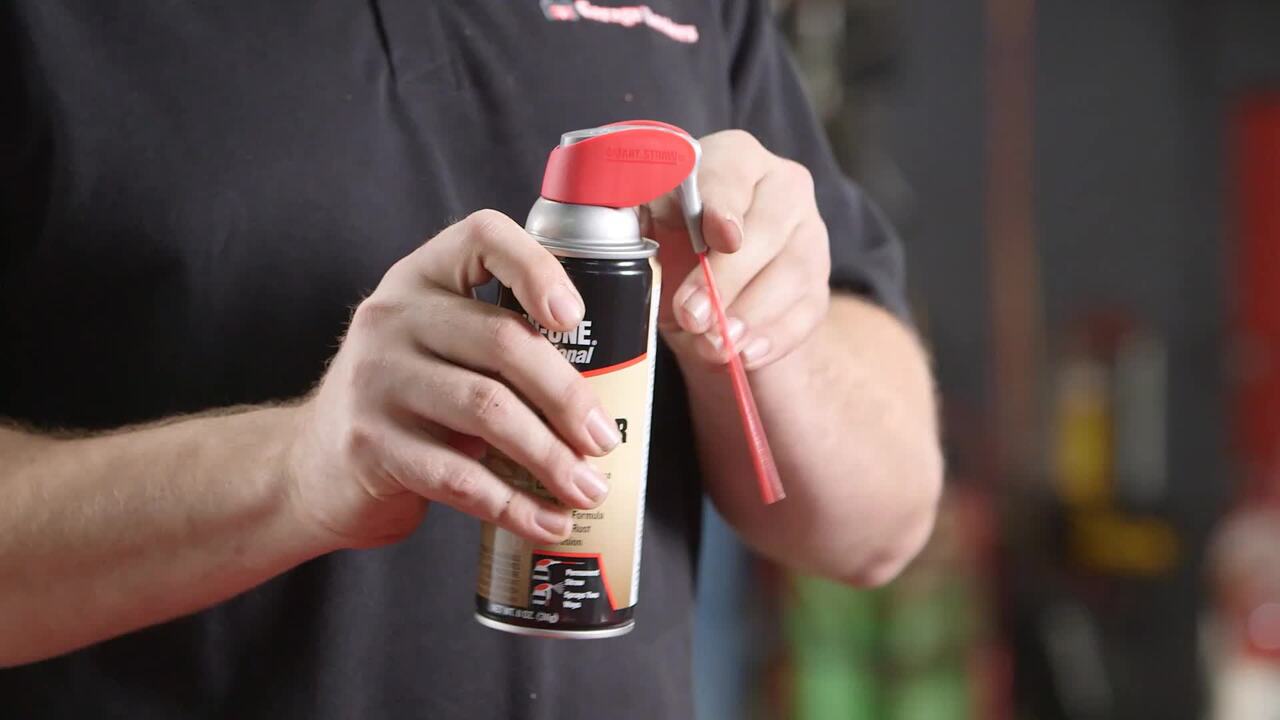
Garage Doors and Parts – Best Lubricants for Garage Door Hardware are essential for keeping your garage door system smooth and quiet. Proper lubrication reduces friction between moving parts. This can extend the life of springs, rollers, and hinges. Squeaky sounds often disappear after good lubrication. The wrong lubricant may cause dirt buildup. Metal components can wear out faster without the right lubricant. Homeowners should maintain garage doors regularly for best performance. In this article, we’ll explore what to use and avoid.
Garage door components move frequently throughout the day. Each opening and closing cycle puts stress on the moving hardware. Friction builds up between metal parts, especially in rollers, hinges, and tracks. Without proper lubrication, this friction leads to faster wear and tear. As a result, the system becomes louder and less efficient. Squeaking or grinding noises often signal dry or damaged parts. Applying a high-quality lubricant can solve these problems quickly. Smooth movement reduces stress on the opener and motor. Well-lubricated parts last longer and work more quietly. Regular maintenance keeps the entire system in better condition. By caring for the hardware, homeowners can avoid unexpected breakdowns. Preventive steps like lubricating save money on future repairs. A few minutes of effort can preserve performance and safety for years. Lubrication is an essential part of garage door upkeep.
Silicone-based lubricants are great for metal-to-metal contact. They resist moisture and dirt very well. White lithium grease is another popular option. It stays in place and protects components longer. These lubricants work well in various climates. Light oils may evaporate too fast. Choose a product specifically labeled for garage door use. Avoid using general-purpose oils without checking compatibility. Always follow manufacturer guidelines before applying any lubricant. Silicone and lithium products usually offer the best long-term protection. Check that the spray or tube includes a narrow nozzle for precise application. Use just enough to coat the surface lightly. Excess lubricant can attract dust and debris. Reapply every few months or as needed. In humid regions, more frequent application may be required. Keep all moving parts clean before lubrication. Proper selection and application improve garage door function and extend hardware lifespan.
Do not use WD-40 as a long-term solution. It is more of a cleaner than a lubricant. It may attract dust and cause buildup. Engine oil or cooking oil should never be applied. These products may damage rubber or plastic parts. Greasy residue can lead to dirt accumulation. Some aerosols may harm paint or coatings. Always read the label before application. Know which materials your garage door hardware includes. Mismatched products can shorten part lifespan quickly. Manufacturers often list compatible lubricants in the manual. When in doubt, consult a garage door technician. They can recommend safe and effective options. Improper use of lubricants can cause noise or jamming. Long-term buildup may even strain the door opener. For smooth, quiet operation, choose carefully and apply sparingly. Regular maintenance using the right product protects your investment. Smart choices now prevent major repairs later.
Clean the parts before applying any lubricant. Dust and debris should be removed completely. Spray lightly on hinges and rollers. Do not over-apply as it attracts dirt. Apply to springs, tracks, and locks as needed. Move the door to spread the lubricant. Use a cloth to wipe excess material. Repeat the process every few months.
Lubricated parts last longer under regular use. The door opens with less effort and noise. The motor operates more efficiently. Fewer repairs are needed over time. Homeowners save money with preventive care. A smooth door is also safer to use. Sudden jerks and shakes are minimized. Proper care improves the entire system’s performance.
This website uses cookies.